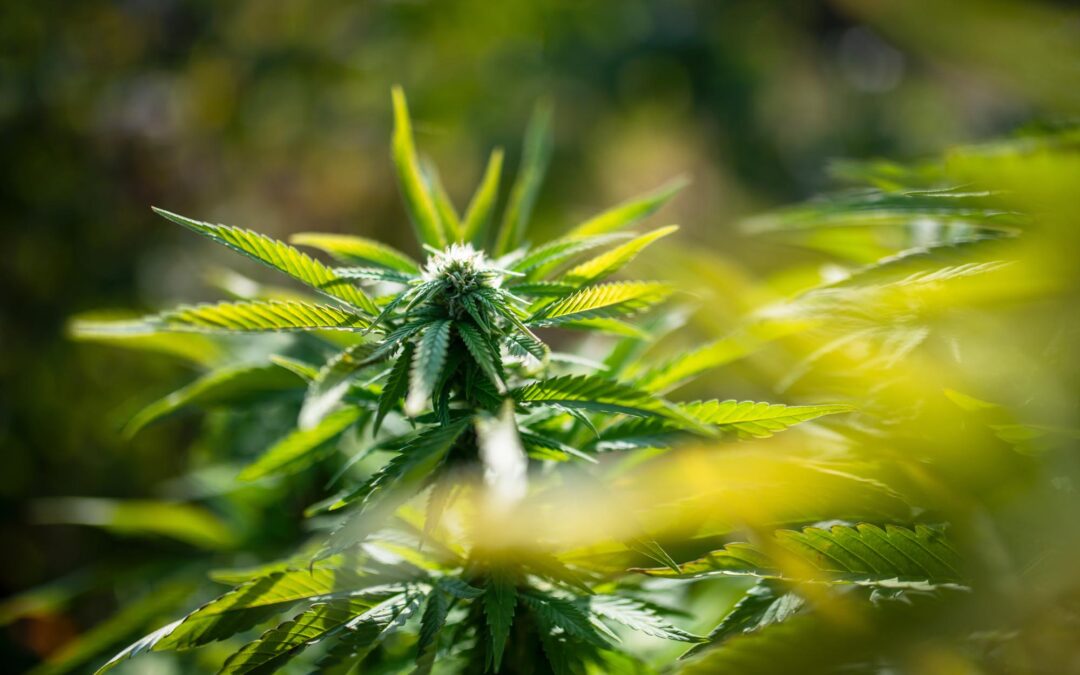Marijuana's active compound, THC (tetrahydrocannabinol), interacts with your brain's endocannabinoid system, influencing mood, appetite, sleep, and various cognitive functions. When you use cannabis regularly, your body adapts to the constant...


Marijuana's active compound, THC (tetrahydrocannabinol), interacts with your brain's endocannabinoid system, influencing mood, appetite, sleep, and various cognitive functions. When you use cannabis regularly, your body adapts to the constant...

Vaping has become a widespread phenomenon, with millions of Americans regularly using e-cigarettes. Recent studies show that 1 in 5 young adults now vape regularly, creating a significant public health concern and underscoring the urgent need to...

Understanding THC Detox and Weed Detection Times THC detox is your body's natural process of getting rid of tetrahydrocannabinol (THC) and its byproducts after using cannabis. When you consume marijuana, your liver breaks down THC into different...

Last Updated: November 18, 2021 A drug that ranks behind only alcohol and tobacco in popularity, marijuana fits into two groups. However, many people seem to wonder, Is Weed a Stimulant or Depressant? Some experts call it a stimulant, while...

Our brains work in truly magnificent ways. The brain literally controls every aspect of our lives. Without proper brain function, we would not be able to perform even the most basic task. Due to the fact that the brain is so complex, even the...